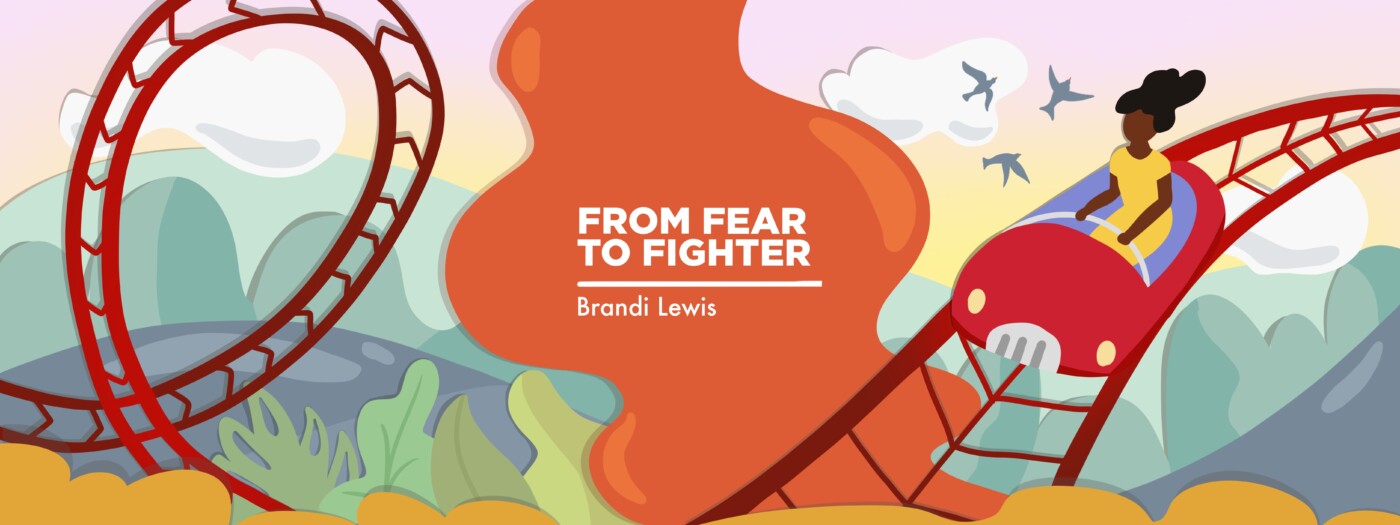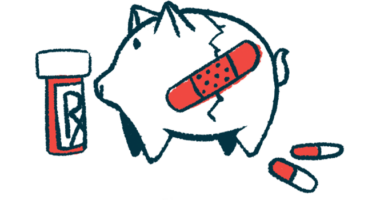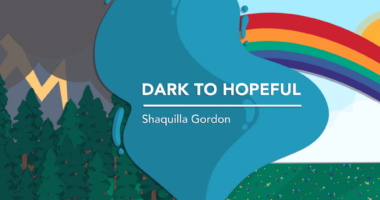With rare medical conditions, the disorders aren’t all that we fight
Life as one of the few often means facing unknowns and ignorance

Before I departed on a recent flight to New York City, I found myself watching a woman in a wheelchair as she was moved to the front of the line to board first. “Man,” I thought, “I’d love to be the first to do that and get to my seat.”
Then I stopped my thought. As I noticed more about the woman, I thought, “I wouldn’t want to be in that position.” I was quickly taken back to my own experiences of being first for something — and wishing I weren’t.
I thought back to one of the many times I had to visit the emergency room because my blood pressure was high or a new medication was causing a bad reaction. While my mom and I were in the car to get there, she called ahead to let staff know I was on the way. By this time, the ER was familiar with me and my rare illnesses.
As I entered, I was motioned to the back without a spoken word. Later that night, I learned that a mom and her young son had been waiting a long time to go back, and she wasn’t happy to watch me get ushered through so quickly. “Trust me,” I thought, “my treatment isn’t something to wish on your child.”
That line wasn’t one I wanted to skip. It seemed to me there were no advantages, perks, or prizes for being first in the hospital.
As patients with a rare disorder, we not only have to battle our illness, but also everything that goes along with being rare. My diseases leave me, my doctors, nurses, ER team, and others dealing with many unknowns. I can’t count the times I’ve seen a dumbfounded facial expression after I say, “I have aplastic anemia and paroxysmal nocturnal hemoglobinuria” (PNH). I have to follow that up with a definition of each blood disorder.
Living as a rarity
Here’s a list of what it means to me to live with a rare disorder.
- Having nurses research your illness while you’re at the hospital.
- Educating my doctors on my illness.
- Building a support team to make me feel comfortable and ensure I’m getting the right support.
- Building relationships with hospital staff and knowing them by name.
- Making frequent visits to the same ER, where the staff have finally learned about me.
- Educating my family and friends on my illnesses.
- Ignoring opinions on my diagnosis from people who aren’t in the medical field.
- Traveling to find a specialist to treat my disorders.
- Meeting other patients sporadically throughout my journey.
- Spending countless hours on the phone with insurance companies to approve my medicine.
Being rare comes with more than fighting my illness. I’ve spent countless hours helping others understand what rare is to me.
Please add a comment below to share what you’ve done to help fight your rare disease.
Note: PNH News is strictly a news and information website about the disease. It does not provide medical advice, diagnosis, or treatment. This content is not intended to be a substitute for professional medical advice, diagnosis, or treatment. Always seek the advice of your physician or other qualified health provider with any questions you may have regarding a medical condition. Never disregard professional medical advice or delay in seeking it because of something you have read on this website. The opinions expressed in this column are not those of PNH News or its parent company, Bionews, and are intended to spark discussion about issues pertaining to paroxysmal nocturnal hemoglobinuria.








